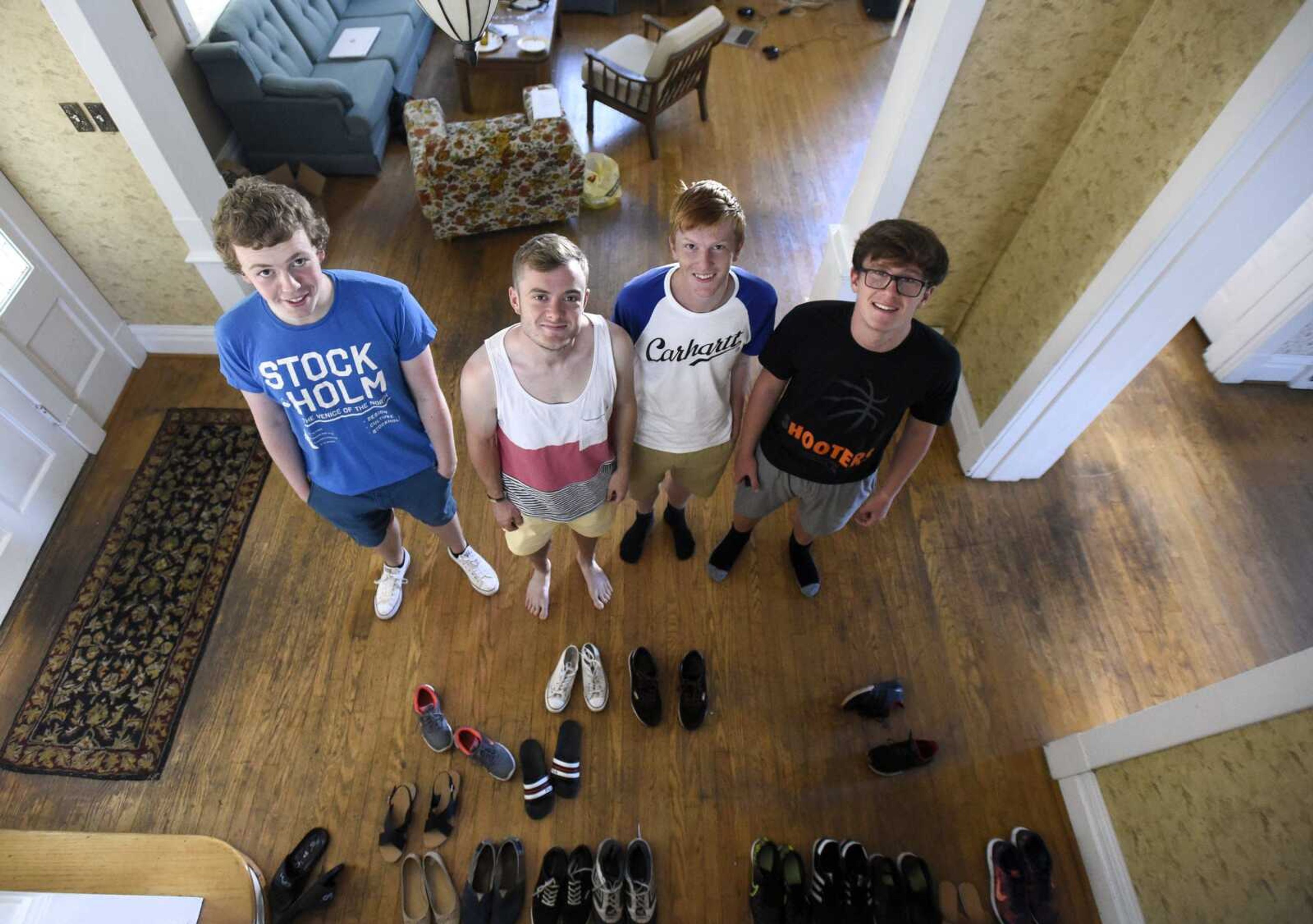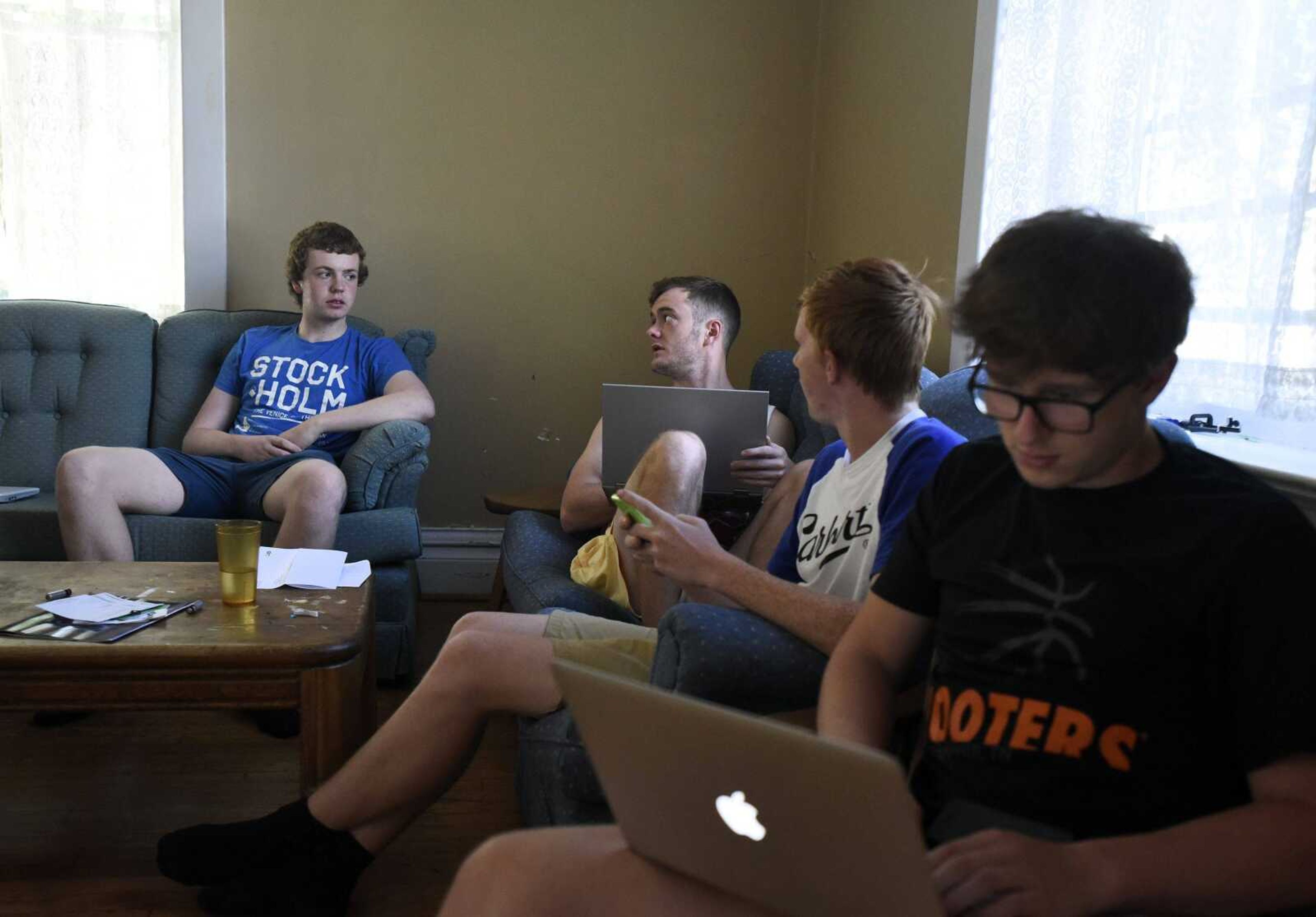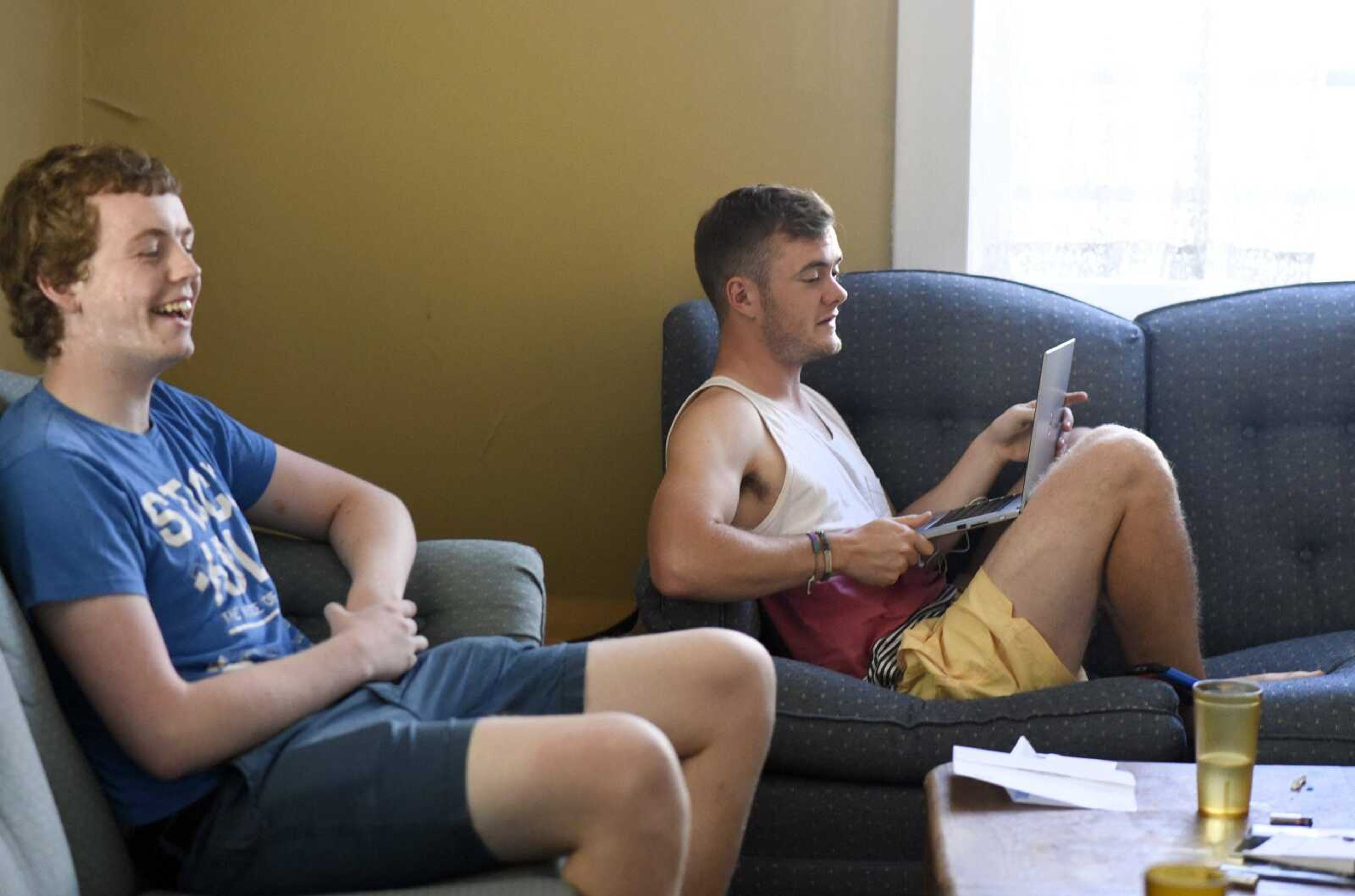Hosting an exchange student can be a learning experience for everyone in the household
Although she's only been a local coordinator for the Council on International Educational Exchange since May, Holly Lintner has been involved in hosting foreign exchange students since she was a teenager in the 1990s. "I've had a lot of experiences over my life with it," she says...
Although she's only been a local coordinator for the Council on International Educational Exchange since May, Holly Lintner has been involved in hosting foreign exchange students since she was a teenager in the 1990s.
"I've had a lot of experiences over my life with it," she says.
When she was still in high school, Linter's immediate family hosted a boy from France, two girls from Germany, a girl from Hungary and other students from Argentina.
"Most of them I still consider my siblings," Lintner says.
Meanwhile, her grandmother and aunt and uncle also have hosted students from far-flung nations, one as close as Spain and another from as far as Hong Kong, with plenty of others in between.

So when she and her husband decided to host a 17-year-old student from Germany recently, Lintner already knew what to expect from the experience.
Not only that, but she welcomed it.
The toughest part of hosting an exchange student, if there even is one, she says, is simply managing a slightly larger household and a new personality at the dining room table each evening.
Beyond that, it's just a matter of being able to fill an extra plate at mealtimes and make sure the new family member has a decent place to sleep, she says.
It also helps that tools such as Skype and social media exist now, making it much easier to get to know foreign students and their natural families before the youngsters ever get on a plane.

"By the time these kids come, you've developed rapport, and these relationships never would have been possible in the '90s," Lintner says.
Chiara Jungbluth arrived at the Lintners' Fruitland home at the end of July, coming in from the vicinity of Cologne, Germany.
At first, Jungbluth was struck by the differences in food and culture that greeted her, but now she's rolling right along, even having become active on the Jackson High School dance team.
"I like it a lot (here)," she says. "It's completely different (from home), but in a good way."
Some things that have surprised her are how open and friendly people are in the local area, and especially how teachers interact with students -- more like friends than authority figures.
Lintner says it's these kinds of impressions that are likely to stay with Jungbluth for years to come.
That's just one of the many reasons she enjoys hosting students.
"It's like our own little United Nations here in Cape," she says.
For anyone else who might be interested in becoming a host family, Lintner says some basic requirements have to be met, such as:
* Being able to provide an extra meal at mealtimes;
* Having an extra bed available;
* Being able to drive the exchange student to social and educational destinations, as they aren't allowed to drive while being hosted;
* Completing an application through the U.S. Department of State;
* Undergoing a background check;
* And being willing to be interviewed and having a representatives take photos around your home.
Beyond that, the students themselves are allowed to receive a $250 to $300 stipend from their natural families each month, which can be used for outings or even clothing for special events.
To learn more, visit ciee.org.
Connect with the Southeast Missourian Newsroom:
For corrections to this story or other insights for the editor, click here. To submit a letter to the editor, click here. To learn about the Southeast Missourian’s AI Policy, click here.






